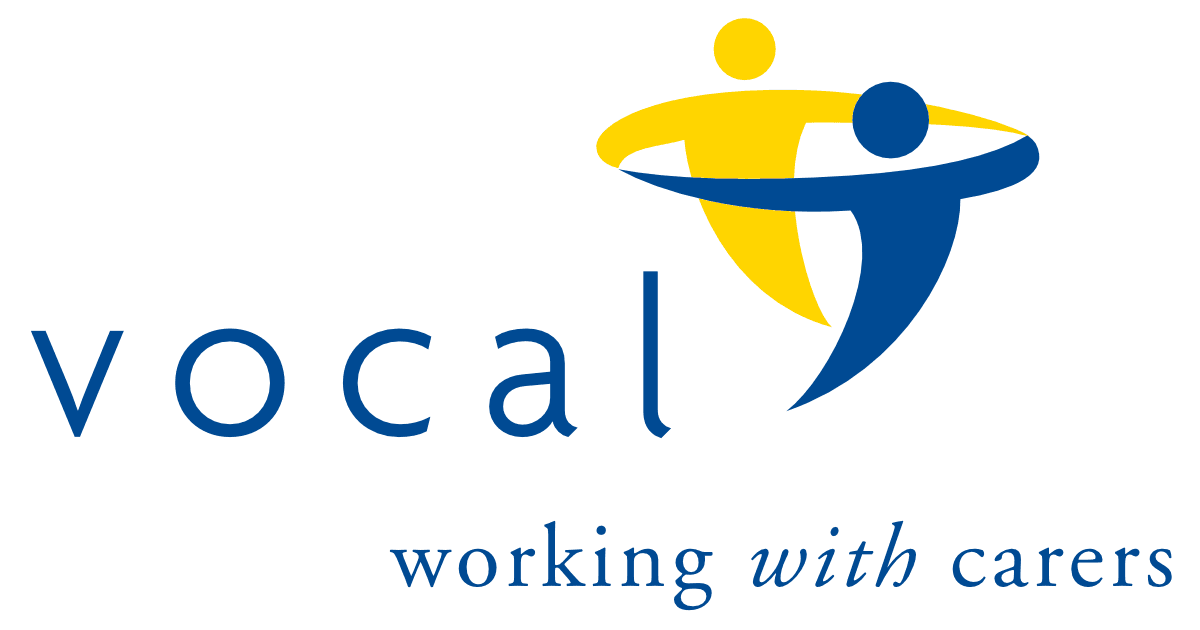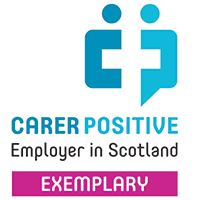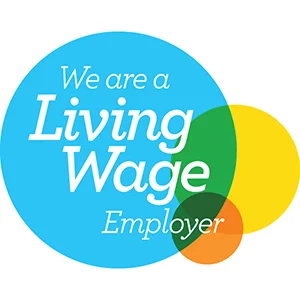Planning for the future is particularly important if a member of your family has a disability or physical or mental health condition, addiction or long-term condition. This can take away some stress for your family and friends at an already difficult time.
Remember that the person you care for may need support to manage any money that you leave them. This money may also affect their entitlement to welfare benefits, and any money they pay towards their own care.
We have outlined some of the general issues that you should consider when making a will or trust, however everyone’s situation is different. It is important to get expert legal advice, and to discuss your situation with other family members who may be affected.
Wills
It’s important to make a will if you have a family member with a disability or reduced capacity. In your will, you’ll need to think about how to provide for the person you care for, as well as others you want to include.
If you don’t make a will, the law will decide how your money and property is shared out (known as dying intestate). This might not match what you would have wanted. You might think about leaving the person you care for out of your will and rely on others to look after them, but this may also be problematic.
You can avoid these issues by setting up a Discretionary Trust in your will (see more info below). This makes sure the person you care for gets the help they need while giving flexibility for their future needs.
Before writing your will
- List what you own, including assets and liabilities and their value in money.
- Think about who you would like to benefit from your will and what you would like to give them.
- Who would you like to be the executors of your will? An executor is the person you officially appoint to make sure that the wishes in your will are carried out.
- If your child or children are under 18, think about whether you would like to appoint a guardian for them.
- Think about whether you need to set up a trust for the person you care for.
Together with My Intent, we offer a free will-writing service for carers.
Trusts
A trust is a way of managing assets (such as money, investments, land, or property) for others. It is a legal arrangement where one or more ‘trustees’ are given legal responsibility for holding these assets, managing the trust, and carrying out the wishes of the person who created the trust.
A trust can be set up during your lifetime or in your will. It is one of the best ways to financially provide for someone whose main income comes from state benefits.
There are several types of family trusts in the UK, but the one most recommended is a ‘discretionary trust’. In a discretionary trust, the money is handed over to trustees, who can decide how to use the income from the trust, and sometimes the capital. As the trustees are the legal owners of any assets in the trust, this means the beneficiary does not have an automatic right to the money and it does not count towards their capital for welfare benefits purposes. The terms of the trust also outline how the money will be divided, for example, it could go to other members of the family or to the children of the beneficiary.
Appointing trustees
Trustees should be people you trust who are happy to undertake the role. Trustees can be:
- Professionals such as solicitors, banks, trustee services (they will charge a fee).
- Family members or friends (you may want them to have access to professional advice).
- A combination of family members and a professional.
Laws and taxes
Trustees have to pay tax on trust income. Any income the beneficiary receives from the trust will also be liable to tax depending on their circumstances.
Trust payments
The following trust payments may be disregarded when applying for benefits:
- Irregular lump sum payments (unless they bring the person’s total capital above the threshold for the particular benefit).
- Payments of income intended to pay for items not normally covered by welfare benefits such as phone bills, TV rental and CDs
- This does not include rent, fuel, clothing or food as welfare benefits are intended to cover these items.
How are welfare benefits affected?
Payments of income or capital from a discretionary trust can affect means-tested benefits. If someone receiving means-tested benefits gets more than £20 a week from a trust, any amount over £20 will be deducted from their benefits.
If a large sum is needed — for example, to purchase a flat — the trustees should buy the item themselves and then transfer it to the trust beneficiary.
Given the frequent changes to the benefits system, it is important for trustees to regularly check whether these rules remain the same.
Options for dealing with property
If you want to leave your home to the person you care for, there are several options to consider. A person’s home is not counted as part of their capital when their eligibility for welfare benefits is calculated.
You might choose to:
- Leave the home directly to the person you care for.
- Ask trustees to sell the home and buy a smaller or more suitable property for them.
- Specify in your will that the person you care for can live in the property for life, after which it passes to someone else.
If you are worried that the person you care for might struggle with the responsibilities of owning a property, you could put the home in the names of trustees. The trustees can allow the person you care for to live there, and the property will not be counted as their capital for welfare benefits.
The terms of the trust will also outline what happens to the property or proceeds from its sale after the trust ends. For example, the trust could state that any remaining money should go to other family members or the children of the beneficiary.
Does the person you care for have capacity to make decisions?
Being unable to make decisions in life can happen for various reasons. Conditions such as dementia, brain injury, or severe mental health conditions may affect a person’s ability to understand what decision-making involves.
Physical conditions, such as a stroke or severe hearing loss, can make it hard to communicate decisions. In these cases, someone else may need to act on the person’s behalf. Similarly, people born with a learning disability may find it difficult to make some or all decisions for themselves, depending on the severity of their condition.
The Adults with Incapacity (Scotland) Act 2000 provides a legal framework to help. It allows family members or friends to support the person they care for by giving them legal powers to make decisions about welfare, healthcare, and finances.










